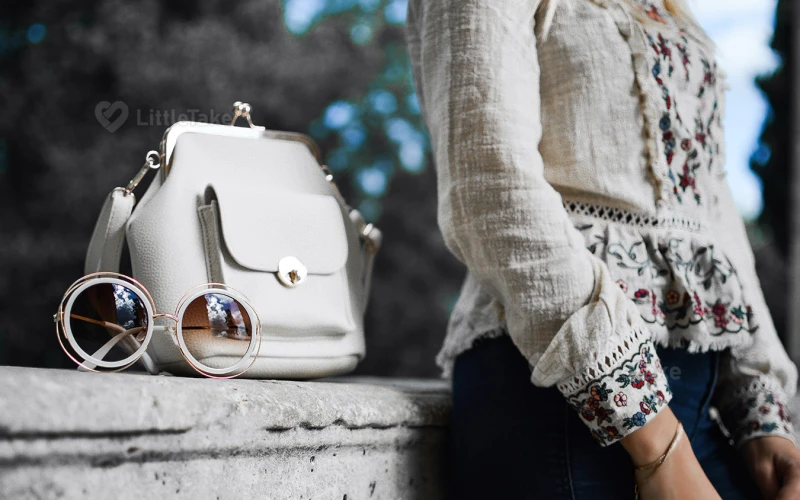
The Most Sustainable Fabrics for Eco-Friendly Fashion
Eco-friendly fashion is gaining popularity as more people become conscious of the environmental impact of their clothing choices. In this article, we'll explore the most sustainable fabrics for eco-friendly fashion.
1. Organic Cotton
Organic cotton is grown without toxic pesticides or synthetic fertilizers, making it a more sustainable alternative to conventional cotton. It's biodegradable and uses less water in production.
2. Hemp
Hemp is a versatile and sustainable plant fiber that requires little water, no pesticides, and grows quickly. It's breathable, durable, and naturally antimicrobial.
3. Tencel (Lyocell)
Tencel is a sustainable fabric made from wood pulp, using an environmentally friendly closed-loop production process. It's soft, breathable, and biodegradable.
4. Bamboo
Bamboo is a fast-growing plant that requires little water and no pesticides. It can be transformed into a soft and breathable fabric, but be cautious of bamboo rayon, as the production process can be less eco-friendly.
5. Linen
Linen is made from flax plants, which require minimal water and pesticides. It's a strong and durable fabric that's naturally biodegradable and breathable.
6. Recycled Polyester
Recycled polyester is made from recycled plastic bottles, reducing waste and conserving resources. It's a more sustainable alternative to virgin polyester, but still produces microplastics when washed.
7. Silk Alternatives
Peace silk and Ahimsa silk are eco-friendly alternatives to traditional silk, as they are produced without harming silk worms. They're biodegradable and have a luxurious feel.
8. Piñatex
Piñatex is a sustainable and vegan alternative to leather, made from pineapple leaf fibers. It's lightweight, durable, and requires fewer resources to produce than traditional leather.
9. Recycled Nylon
Recycled nylon is made from waste materials, such as fishing nets and fabric scraps, reducing waste and energy consumption. It's a more sustainable alternative to virgin nylon.
10. Alpaca Wool
Alpaca wool is a sustainable and eco-friendly fabric sourced from alpacas, which have a lower environmental impact than sheep. It's warm, lightweight, and hypoallergenic.
By choosing sustainable fabrics for your wardrobe, you can reduce your environmental impact and support eco-friendly fashion. Keep in mind that the production process, dyeing methods, and overall lifecycle of a garment also play a significant role in its sustainability. Always research and choose brands that prioritize ethical and environmentally responsible practices.


















